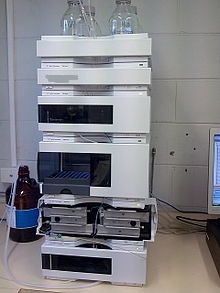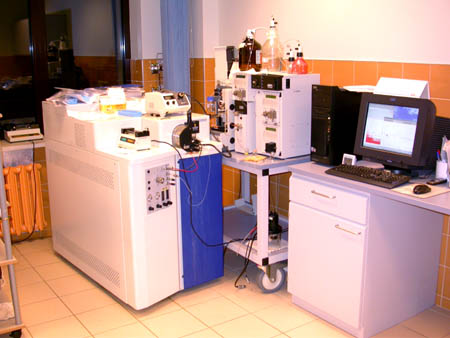In clinical diagnostics, the precise measurement of fat-soluble vitamins A, D, and E is paramount to understanding their roles in human health and disease. This blog explores the significance of accurate measurement techniques and their implications for clinical practice and research.
Introduction
Accurate measurement of vitamins A, D, and E is crucial due to their essential roles in various physiological processes. While deficiencies or excesses of these vitamins can lead to significant health issues, precise quantification is often challenging yet necessary for informed clinical decisions.
Importance of Vitamin A
Vitamin A plays critical roles in vision, immune function, and cellular communication. Deficiency can lead to night blindness and increased susceptibility to infections. Conversely, excess vitamin A can be toxic, highlighting the need for precise measurement methods to guide supplementation.
Challenges in Vitamin D Measurement
Vitamin D is crucial for bone health, immune function, and modulation of gene expression. Accurate measurement is complicated by its fat solubility and variations in metabolism among individuals. Reliable assays are essential to diagnose deficiencies accurately and avoid unnecessary supplementation.
The Role of Vitamin E in Health
Vitamin E is a potent antioxidant involved in maintaining cell integrity and protecting against oxidative stress. Its deficiency has been linked to neurological disorders and impaired immune function. Accurate measurement ensures appropriate supplementation and management in clinical settings.
Techniques for Accurate Measurement
1.High-Performance Liquid Chromatography (HPLC): Widely used for separating and quantifying vitamins based on their chemical properties.
2.Mass Spectrometry (MS): Provides highly sensitive and specific measurement capabilities, crucial for detecting low concentrations in biological samples.
3.Immunoassays: Rapid and cost-effective, these assays are valuable for screening purposes but may lack the specificity required for clinical diagnostics.
Clinical Implications
Accurate vitamin ADE measurement informs treatment strategies tailored to individual patient needs, minimizing risks associated with deficiencies or toxicities. It also facilitates research into understanding the broader implications of these vitamins in human health and disease.
Conclusion
In conclusion, precise measurement of vitamins A, D, and E is indispensable for both clinical diagnostics and advancing scientific knowledge. Emerging technologies continue to enhance our ability to detect these vitamins accurately, thereby improving patient outcomes and contributing to the broader field of medical research.

